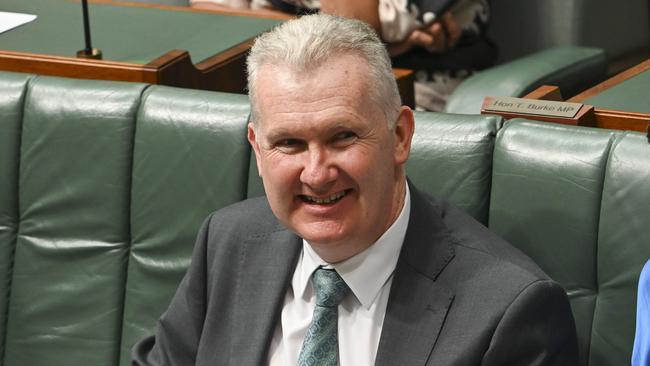
Company chiefs and industry bosses who chummed up to Anthony Albanese ahead of the 2022 election, wooed with broken promises to end Bill Shorten’s class warfare obsession and not impose sweeping IR changes, are licking their wounds.
The trust of business in Albanese and Burke evaporated shortly after the kumbaya-ambush that was Labor’s Jobs and Skills Summit. Within three months, multi-employer bargaining was law.
Starting on the backfoot, and facing a new same job, same pay IR omnibus bill, business groups formed an alliance and rolled out a multi-million-dollar mining tax inspired campaign.
Burke, who forced business leaders to sign nondisclosure agreements and spooked many into remaining silent, stared down industry leaders as he picked off the handful of crossbenchers he needed to enshrine one of the nation’s biggest IR shake-ups – with a few token amendments.
After cleaning up on almost all of their demands, the unions can’t ask for much more.
Albanese, who commands a majority in the lower house, is blessed with a friendly crossbench that has effectively rubber-stamped Labor’s election manifesto and other emergency bills.
Aside from public theatrics and funding demands from the Greens and independents, including David Pocock who is dubbed by some as the “27th Labor senator”, the government has legislated its policy agenda with relative ease.
“The math was always in their favour. They only really needed one vote, which happened to be Pocock, a senator to the left of Labor,” a business source said.
Other business insiders, bracing for higher taxes and complex environmental regulations as Labor overhauls the Environment Protection and Biodiversity Conservation Act, say the IR defeat had “brought them closer together”.
“The experience has united the business community and built a solid foundation. Given the Senate and the numbers, we had low expectations. We are focused on fighting new taxes and environmental laws that will make it even more difficult to remain competitive.”
Industry chiefs warn the negative impacts of the IR changes will flow across the economy in the back end of 2024, as businesses grapple with flatlining productivity and growth, insolvencies and cash flow pressures.
On the other side of the aisle, Peter Dutton is not ready to welcome big business back into the Coalition tent after it abandoned the Liberals, donated in favour of Albanese’s doomed voice referendum and fell into a vortex of woke issues and cancel culture. Dutton’s public call to boycott Woolworths after it removed Australia Day merchandise shows he remains hostile to the big end of town.


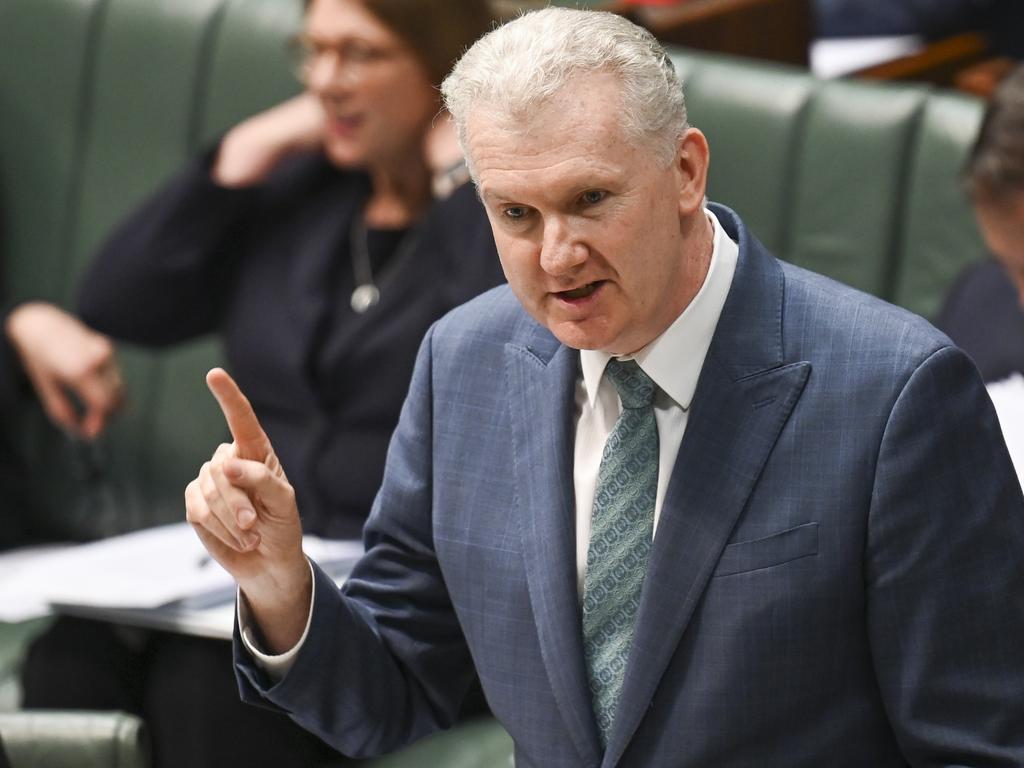
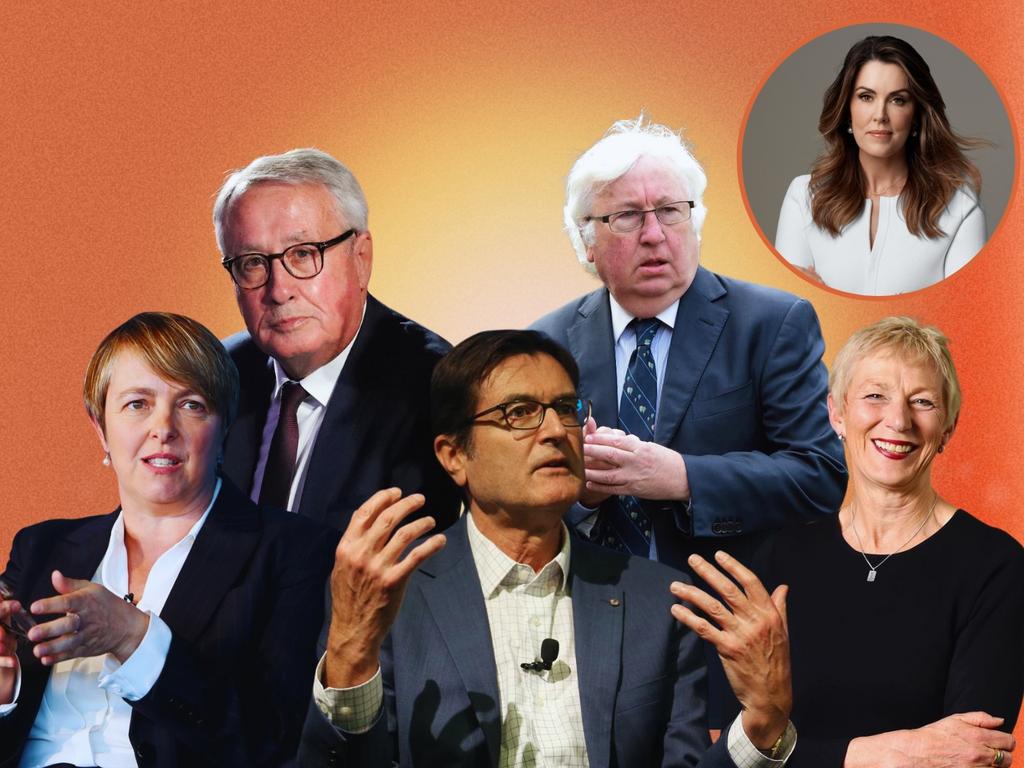
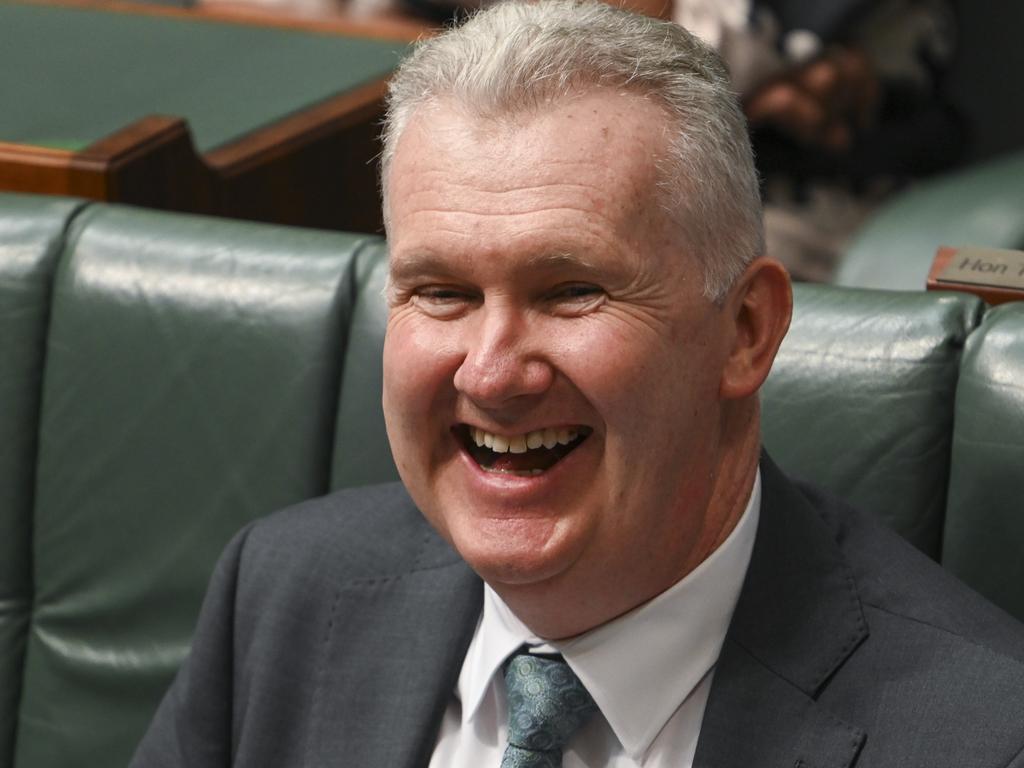
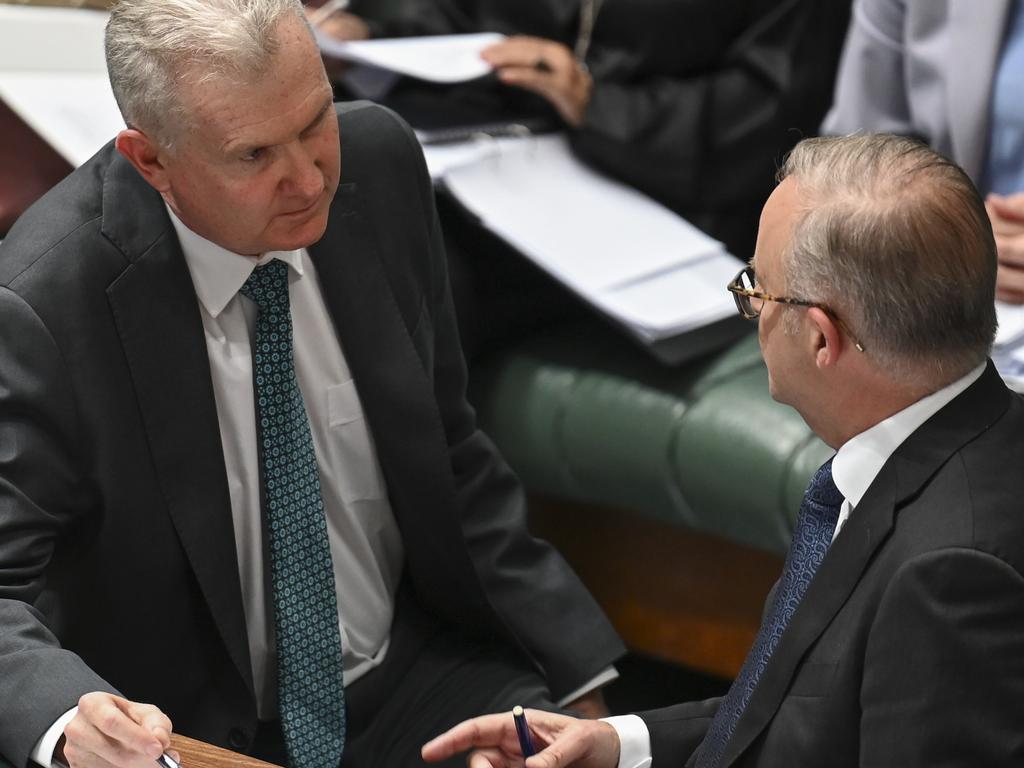


Business and industry groups have been left bruised and battered by Tony Burke’s bloody-minded and unflinching execution in legislating an industrial relations wishlist exceeding the expectations of Labor’s trade union comrades.